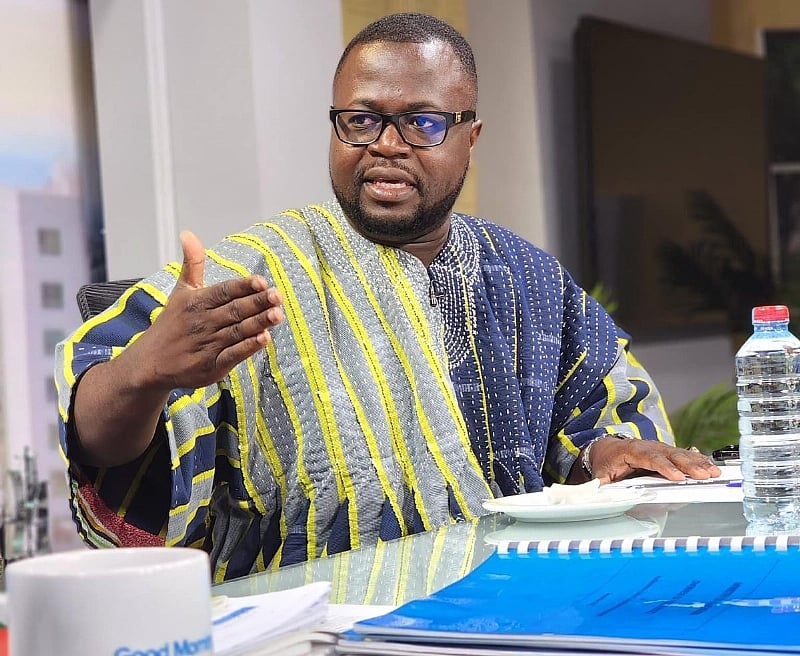Kofi Tonto, a political aide associated with former Vice-President Dr. Mahamudu Bawumia, has launched a critique of the current administration and the National Democratic Congress (NDC) regarding the recent electricity tariff increases in Ghana. He accuses them of propagating a misleading narrative that blames the International Monetary Fund (IMF) for the hikes. Tonto argues that while the IMF advocates for tariff adjustments to reflect the true cost of electricity production, it does not dictate specific increases and leaves the final decision to the government. He emphasizes that an IMF review doesn’t automatically translate into a tariff hike, but rather aims to establish sustainable and realistic pricing.
Tonto supports his argument by highlighting the NPP’s track record during the first quarter of 2024, when electricity tariffs were reduced for both residential and non-residential consumers, despite Ghana being under an IMF program at the time. He further cites a precedent from 2018, also under an IMF program, where the Akufo-Addo-led NPP government reduced electricity tariffs by 17.5%. These examples, he argues, demonstrate that the IMF’s involvement doesn’t necessarily lead to tariff increases, and the decision ultimately rests with the government. He contrasts this with the current administration’s approach, which has resulted in a steeper tariff increase.
The core of Tonto’s argument revolves around distinguishing between the IMF’s recommendations and the government’s implementation of those recommendations. He asserts that the IMF’s primary concern is the long-term financial health of the utility sector, ensuring that tariffs reflect the cost of production and allow for sustainable investment. This, he explains, does not equate to an automatic mandate for price increases. Governments have the flexibility to implement adjustments in a phased manner, consider social impact, and explore alternative cost-saving measures to mitigate the burden on consumers.
Tonto draws a comparison between the NPP and NDC’s approach to tariff adjustments, pointing out that the NPP’s average adjustment for 2024 was 6.47%, while the NDC has implemented a significantly higher increase of 14.75%. He attributes the NPP’s more measured approach to a commitment to balancing economic realities with the needs of the populace. This, he contends, reflects a more responsible and considerate approach to governance, ensuring that essential services remain accessible to all citizens.
The political aide’s statement serves as a direct challenge to the narrative being presented by the current administration and the NDC. He appeals to the public to critically examine the facts and not be swayed by what he claims are misleading statements designed to deflect responsibility. He emphasizes the importance of transparency and accountability in governance, particularly when it comes to decisions that directly impact the cost of living for ordinary citizens.
Tonto concludes by emphasizing the need for a “human element” in tariff adjustments, advocating for a balance between economic considerations and the social impact on the population. He commends the NPP’s approach, portraying it as a model for responsible governance that considers both the financial health of the utility sector and the affordability of essential services for the public. He urges a continuation of this approach, implicitly criticizing the current administration’s handling of the tariff increases. His statement serves as a call for greater transparency and accountability in the decision-making process surrounding utility pricing.


